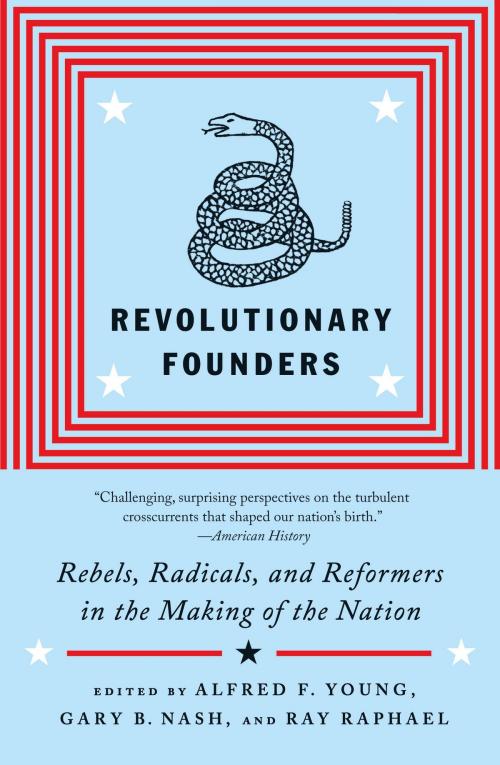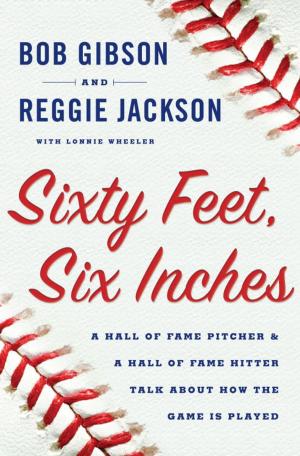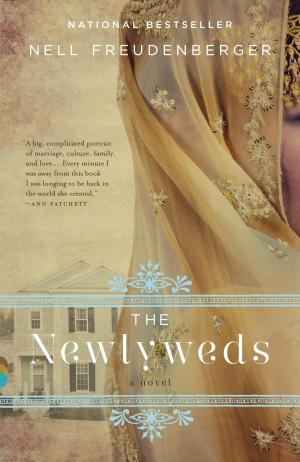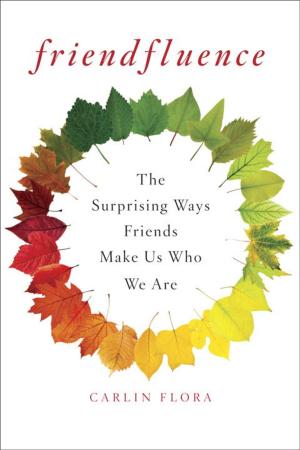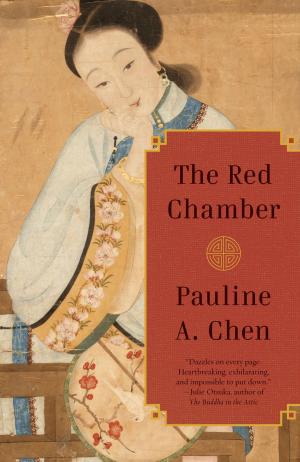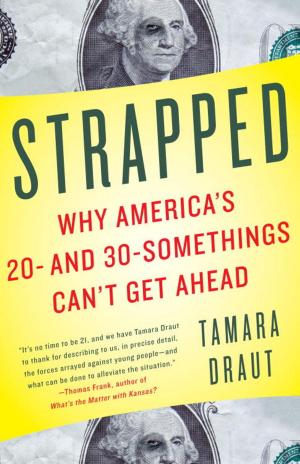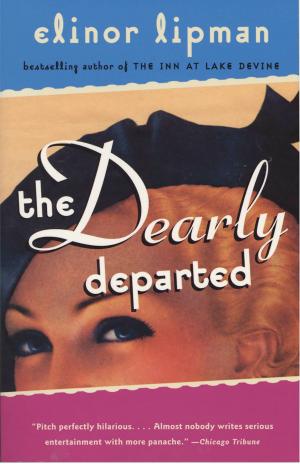Revolutionary Founders
Rebels, Radicals, and Reformers in the Making of the Nation
Nonfiction, History, Revolutionary, Americas, United States, Revolutionary Period (1775-1800), Fiction & Literature, Essays & Letters, Essays| Author: | ISBN: | 9780307596833 | |
| Publisher: | Knopf Doubleday Publishing Group | Publication: | April 19, 2011 |
| Imprint: | Vintage | Language: | English |
| Author: | |
| ISBN: | 9780307596833 |
| Publisher: | Knopf Doubleday Publishing Group |
| Publication: | April 19, 2011 |
| Imprint: | Vintage |
| Language: | English |
In twenty-two original essays, leading historians reveal the radical impulses at the founding of the American Republic. Here is a fresh new reading of the American Revolution that gives voice and recognition to a generation of radical thinkers and doers whose revolutionary ideals outstripped those of the Founding Fathers.
While the Founding Fathers advocated a break from Britain and espoused ideals of republican government, none proposed significant changes to the fabric of colonial society. As privileged and propertied white males, they did not seek a revolution in the modern sense; instead, they tried to maintain the underlying social structure and political system that enabled men of wealth to rule. They firmly opposed social equality and feared popular democracy as a form of “levelling.”
Yet during this “revolutionary” period some people did believe that “liberty” meant “liberty for all” and that “equality” should be applied to political, economic, and religious spheres. Here are the stories of individuals and groups who exemplified the radical ideals of the American Revolution more in keeping with our own values today. This volume helps us to understand the social conflicts unleashed by the struggle for independence, the Revolution’s achievements, and the unfinished agenda it left for future generations to confront.
In twenty-two original essays, leading historians reveal the radical impulses at the founding of the American Republic. Here is a fresh new reading of the American Revolution that gives voice and recognition to a generation of radical thinkers and doers whose revolutionary ideals outstripped those of the Founding Fathers.
While the Founding Fathers advocated a break from Britain and espoused ideals of republican government, none proposed significant changes to the fabric of colonial society. As privileged and propertied white males, they did not seek a revolution in the modern sense; instead, they tried to maintain the underlying social structure and political system that enabled men of wealth to rule. They firmly opposed social equality and feared popular democracy as a form of “levelling.”
Yet during this “revolutionary” period some people did believe that “liberty” meant “liberty for all” and that “equality” should be applied to political, economic, and religious spheres. Here are the stories of individuals and groups who exemplified the radical ideals of the American Revolution more in keeping with our own values today. This volume helps us to understand the social conflicts unleashed by the struggle for independence, the Revolution’s achievements, and the unfinished agenda it left for future generations to confront.
